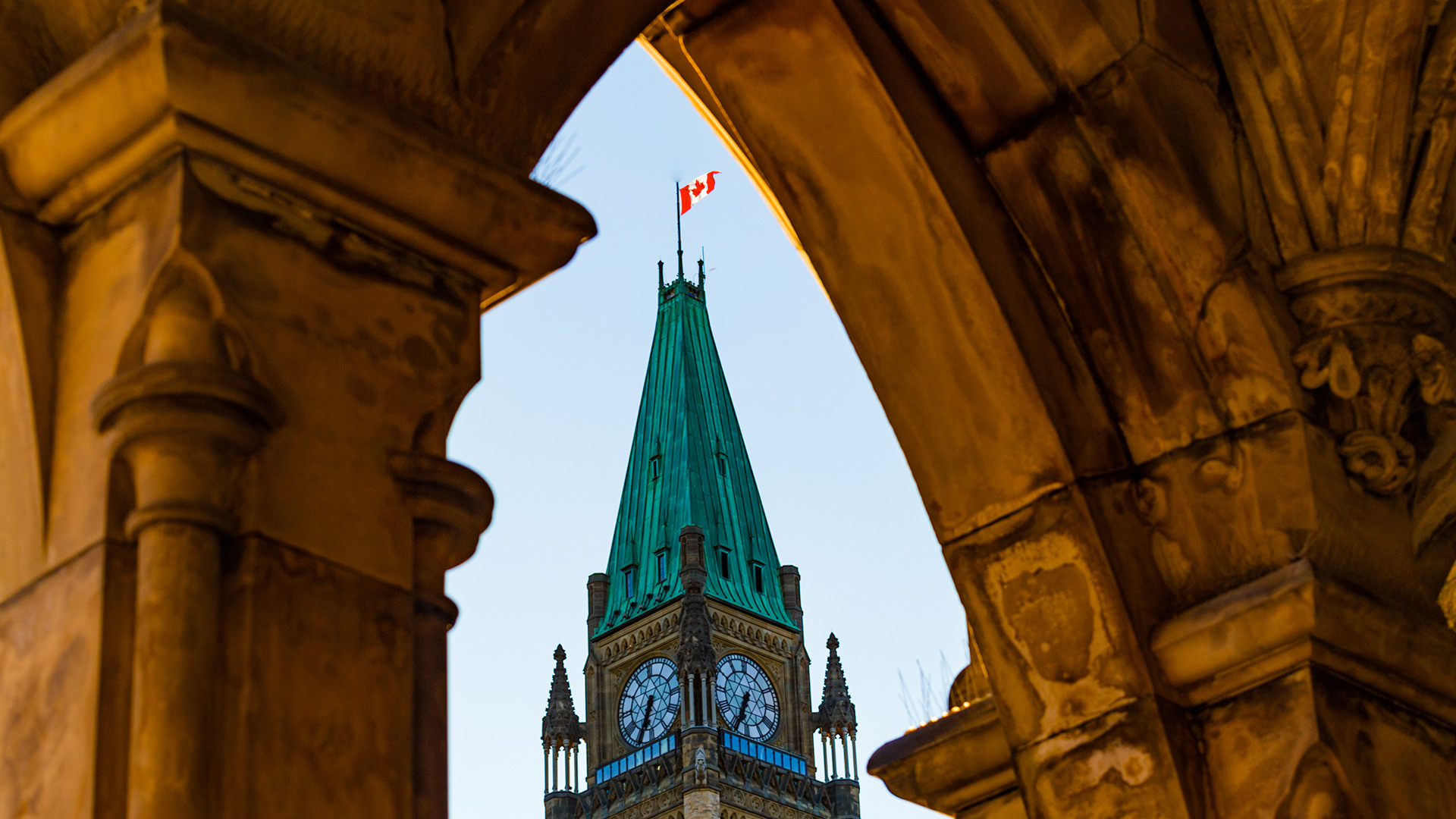
Publication
Federal EI pilot project may impact employee separation negotiations
The federal government predicts there will be a surge in EI benefits claims in the coming months.


Author:
Canada | Publication | November 26, 2020
To contain the spread of COVID-19, the federal government has imposed a mandatory 14-day quarantine for individuals re-entering Canada, with certain exemptions in place.
After being denied an exemption from quarantine upon return from a short work-related visit in the United States, a Canadian citizen filed an application for judicial review of the quarantine order, coupled with a motion for an interlocutory injunction or stay. On November 12 in Monsanto v. Canada (Health)1, the Federal Court dismissed the applicant’s motion.
On October 30, 2020, the Governor-in-Council issued the seventh iteration of the order titled Minimizing the Risk of Exposure to COVID-19 in Canada Order (Mandatory Isolation)2 (the Order), as authorized under s. 58 of the Quarantine Act.3 Paragraph 3(1)(a) of the Order requires any person who enters Canada and who does not have signs and symptoms of COVID-19 to self-quarantine until the expiry of the 14-day period that begins on the day on which the person enters Canada.
The Order also provides for a number of exemptions to the mandatory quarantine. Paragraph 6(n) exempts persons from mandatory quarantine if they enter Canada:
to return to their habitual place of residence after carrying out an everyday function that, due to geographical constraints, necessarily involves entering the United States.
The applicant was a Mississauga resident who was a videographer employed by Rebel News Network Ltd., a Canadian online news outlet. Rebel News sent the applicant to cover a United States election campaign event in Michigan. The employer provided the applicant with a signed letter that explained the purpose of the visit and stated he was exempt from quarantine, pursuant to paragraph 6(n) of the Order.
Upon re-entry into Canada, a Canada Border Services Agency (CBSA) officer refused to exempt the applicant on the basis that the exemption in paragraph 6(n) did not apply to the applicant.
The applicant filed an application for judicial review of the CBSA officer’s decision. He then filed an urgent motion for an interlocutory injunction or stay pending the judicial review, seeking to end the ongoing effect of the quarantine order applied to him.
After determining that the court had the appropriate jurisdiction to hear the motion, the court applied the three-stage approach set out by the Supreme Court of Canada in RJR-MacDonald4 to decide whether to issue the requested injunction or stay. All three stages must be satisfied in order to grant the relief.
The court explained that, in contrast to other employment-related exemptions under the Order, paragraph 6(n) does not apply to the everyday functions of any Canadian resident in the course of his or her employment. The court stated, “[If] the Governor in Council had intended to enact a generalized exception to the 14-day quarantine period applicable to all ordinary employment functions carried out by all Canadians, and regardless of the location of their habitual residence in Canada, one would expect clearer language to be used.”5
In light of the explanatory note from the Public Health Agency of Canada, the paragraph 6(n) exemption applies only to people normally resident in a transborder community who, out of necessity, cross the border to perform everyday functions.6 As this was the first time the applicant had crossed the border as part of his employment since the pandemic began, the activity could not properly be considered a part of his everyday functions. Crossing the border for the campaign event was a business choice, rather than a necessity.
Thus, the court concluded the applicant was unlikely to succeed in his judicial review application.
Given its conclusions in stages one and three of the RJR-MacDonald test, the court assumed that the applicant’s alleged deprivation of liberty during the quarantine period would be irreparable harm. However, the economic harm suffered by his employer was not to be considered, since irreparable harm must be suffered by the applicant, not a third party.
The court agreed that a temporary loss of liberty was a significant harm incurred by the applicant, but did not agree that his absence from work constituted significant harm to his employer. In a global pandemic, any harm to the applicant resulting from quarantine did not outweigh the potential harm to the Canadian public that would result from granting the injunction.
The court concluded it was just and equitable not to issue an interlocutory injunction or stay.
While the court did not conduct a complete judicial review of the CBSA officer’s decision, the court’s ruling on the interlocutory injunction or stay suggests that the exemption under paragraph 6(n) of the Order will be narrowly read to apply to those persons normally resident in a transborder community.

Publication
The federal government predicts there will be a surge in EI benefits claims in the coming months.

Publication
As ESG concerns have come to the forefront in different jurisdictions, the scope of these inquiries is expanding in kind.

Publication
On April 8, An Act to amend various provisions mainly with respect to the financial sector, was tabled in the National Assembly further to the last financial omnibus bill that was assented to on May 9, 2024.
Subscribe and stay up to date with the latest legal news, information and events . . .
© Norton Rose Fulbright LLP 2025